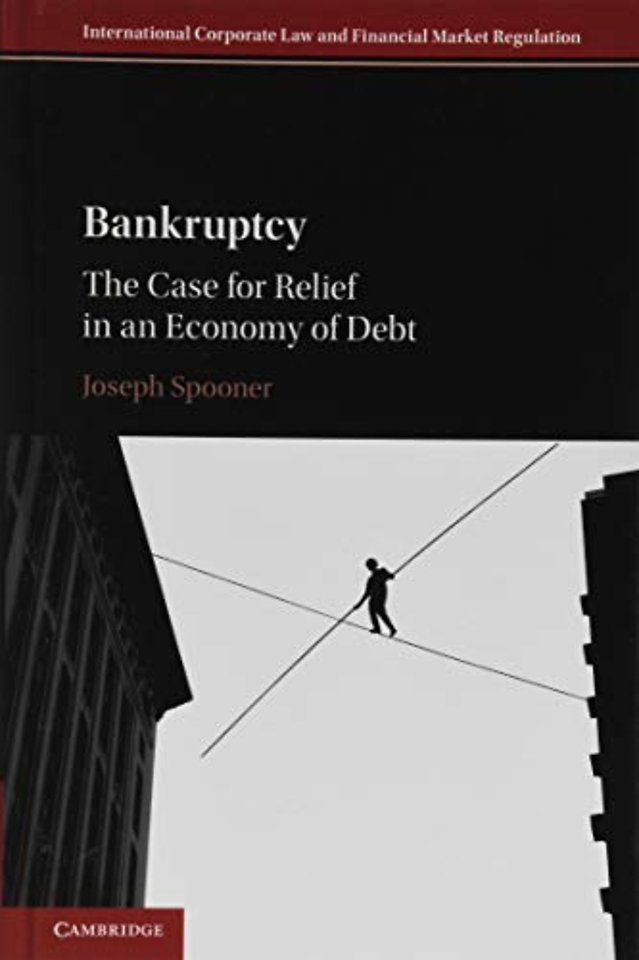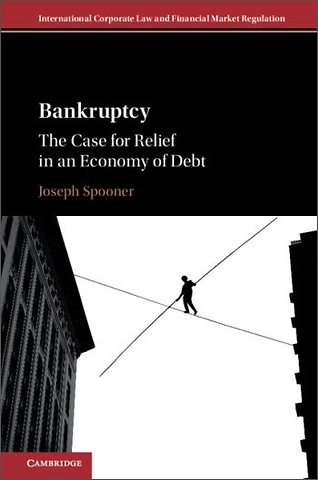Bankruptcy: The Case for Relief in an Economy of Debt
Samenvatting
A decade after the Global Financial Crisis and Great Recession, developed economies continue to struggle under excessive household debt. While exacerbating inequality and political unrest, this debt - when combined with wage stagnation and a shrinking welfare state - has played a key role in maintaining economic growth and allowing households faced with rising costs of living to make ends meet.
In Bankruptcy: The Case for Relief in an Economy of Debt, Joseph Spooner examines this economic model and finds it increasingly unsustainable. In a call to action to reduce debt burden, he turns to bankruptcy law, which is uniquely situated as a mechanism of social insurance against the risks of a debt-dependent economy. This book should be read by anyone interested in understanding the problem of consumer debt and how best to address it.
- Proposes a unified theory of consumer bankruptcy law as a social insurance mechanism in a debt dependent economy
- Situates bankruptcy law in the context of contemporary policy discussions regarding the role of household debt in the economy, and the policy problems posed by excessive household debt
- Combines extensive theoretical and policy discussion with detailed analysis and critique of specific elements of bankruptcy law, as well as the law's overall structure
- Adopts a genuinely inter-disciplinary approach, drawing on discussions of household debt in economics, sociology, law and political science
Trefwoorden
Specificaties
Inhoudsopgave
2. Financialised capitalism and the centrality of household debt
3. Consumer bankruptcy theory and the case for debt relief
4. A consumer bankruptcy marketplace
5. The limits of contractual consumer bankruptcy
6. The austere creditor: austerity, bankruptcy policy and government debt collection
7. Moral hazard and bankruptcy abuse prevention
8. Conclusion
Index









